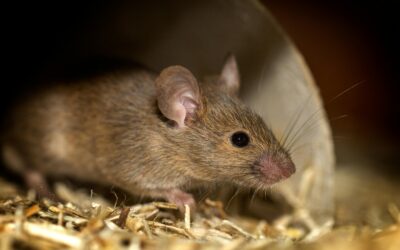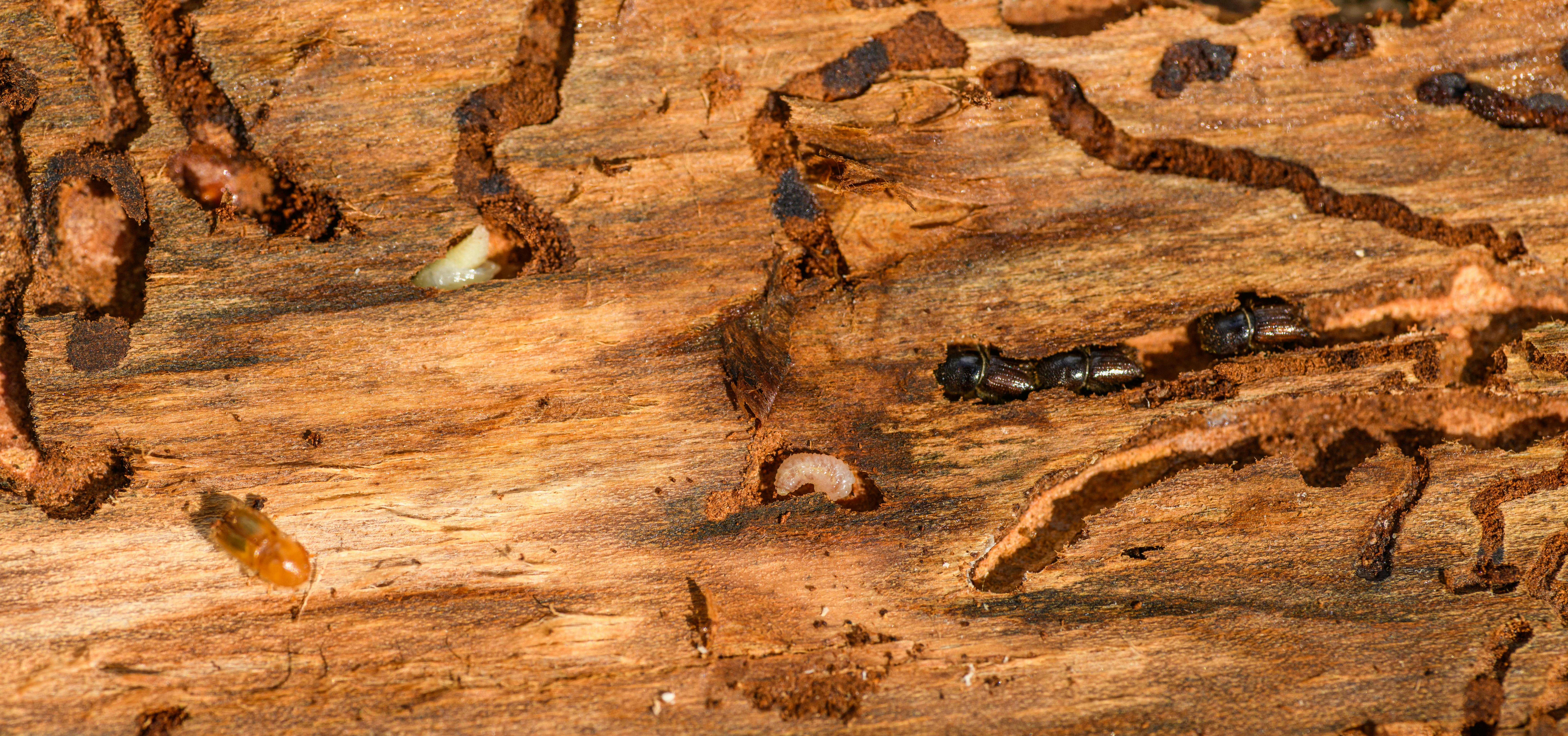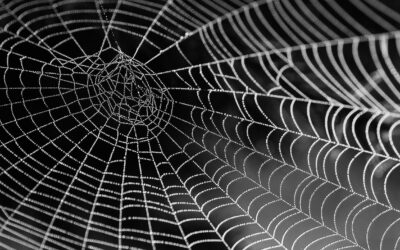
Natural Remedies for Bed Bug Treatments
There is nothing more disconcerting than waking up itchy and covered in red bumps. If you have welts when you wake up or have a crawling sensation on your skin when you lie down in bed you may have bed bugs. Bed bugs are so small you almost can’t see them with the human eye and they are notoriously difficult to get rid of. A lot of people hate the idea of chemicals in their homes, so we’ve come up with a list of the most effective natural remedies for bed bugs.
Remember, bed bugs are almost impossible to get rid of on your own once you have a bad infestation, so these remedies are best used while you wait for the exterminator to arrive!
Wash Your Bedding
The very first thing you should do if you suspect bed bugs is strip your bed and wash all of it – down to the mattress pad and bed skirt. Check the care labels and then wash the bedding in the hottest water possible. Tumble dry – again on the highest heat setting the fabric can tolerate. While the bedding is in the wash, gather up any clothes, pillows, and anything else cloth that can be washed in your room to toss in next. Bed bugs spread fast and you want to wipe out the colony and any eggs they laid in nearby fibers as quickly as possible.
Vacuum the Little Suckers Up
With a strong vacuum cleaner and a powerful hose attachment, you can help curb a bed bug infestation by vacuuming every day in the infected areas. Use the vacuum on your bedding, mattress, cushions, carpet, and upholstery – bed bugs are infamous for infesting your sleeping area, but they’re happy to colonize any type of fabric- or fiber-covered surface.
Start vacuuming on your elevated surfaces so you can catch the bugs that jump down to avoid you next. Pay special attention to cracks in your walls and floorboards where they might be hiding out. When you’re done vacuuming, you may want to check your electrical appliances, fans, and laptop for signs of infestation. Bed bugs breed very quickly and can hide just about anywhere.
When you’re done vacuuming, DO NOT discard the vacuum bag indoors. Triple-bag it and throw it away as far away from your home as possible to avoid another infestation.
Steam Cleaning
Bed bugs die when they are exposed to temperatures over 140 degrees Fahrenheit. So once you’re done vacuuming, steam cleaning can be an excellent way to reach areas the vacuum didn’t catch – and to exterminate any stragglers. Just read the instructions on the steamer carefully and always check to make sure the fabric or surface you’re cleaning won’t be damaged by the heat and moisture.
Rubbing Alcohol
Rubbing alcohol kills bed bugs on contact so fill a spray bottle and spritz down your mattress, floor, bedside tables, walls – anywhere they might be hiding. Just be careful not to damage anything. Rubbing alcohol evaporates quickly but it’s still a liquid and can damage things when you saturate them with it.
Baking Soda
Just like it sucks the moisture and scents out of your fridge, baking soda can also suck the moisture right out of bugs’ bodies. Sprinkle baking soda wherever you suspect bed bugs. Vacuum and reapply every other day or so.
Essential Oils
Tea tree oil, peppermint oil, and lavender are all know to repel insects. Tea tree oil suffocates insects. Unfortunately, undiluted tea tree oil works best – but it’s not safe for human contact or inhalation. Place about 20 drops in a bottle of water and spray around the house – including your mattress – to repel bed bugs. Just be careful to only mist the area – you don’t want a soggy bed.
Lavender and peppermint are both scents that make bugs nauseous. Use lavender- or peppermint-scented soaps and sprays, sprinkle essential oils across windowsills, around beds, and on your body, and spread herbs over affected areas. Vacuum up and reapply every few days for the best results.
If you think you have a bed bug infestation, contact West Termite, Pest & Lawn as soon as possible. The more quickly you eliminate the colony, the less likely it will be to spread to other areas of the house.
More posts from West Termite, Pest & Lawn
Hidden Pests? Signs & Prevention Tips
Pests can invade your home quietly, causing damage long before you notice their presence. Early detection is crucial to preventing a full-blown infestation that could affect your property and health. So, how can you tell if you have a hidden pest problem? The top...
The Hidden Dangers of Termites
Termites may be small, but the damage they cause can be devastating. These silent destroyers can wreak havoc on your home or business, often without any visible signs until it’s too late. Understanding the hidden dangers of termites is crucial for protecting your...
Spiders as Pest Control
Spiders are often seen as unwelcome guests in homes, but did you know they can actually serve as a natural form of pest control? These eight-legged creatures play a crucial role in keeping the population of other pests in check, such as flies, mosquitoes, and even...



